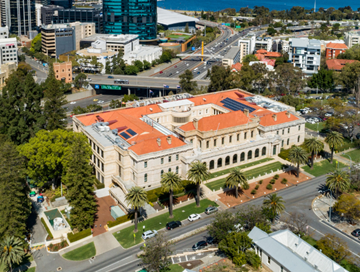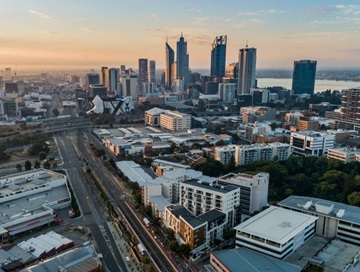So you’ve made the decision to jump off the rental merry-go-round and are now looking to buy your first home, but where do you start?
Entering the property market for the first time can be extremely daunting, with a lot of new real estate jargon to get your head around and big decisions to make.
To help make your first foray into home buying a little less complicated, we've compiled a list of what you need to get in order before making an offer and signing on the dotted line.
Market research
The old saying ‘knowledge is power’ applies ten-fold to the process of buying property. A sound understanding of the property market you’re buying in will give you an advantage when searching for your first home.
Once you know which suburbs you’re interested in buying in, take your time to learn more about that area. What is the median price of homes there? Does this fall within your range? Is there potential for solid capital growth?
Our Suburb Profiles will provide you with an in-depth view of the suburbs you’re interested in buying in. You’ll find relevant market information, key facts, demographics and statistics, which will help provide you with the knowledge you need to make an informed decision.
It’s also worth thinking ahead with your research, don’t just choose areas and properties that suit your short-term plans. It’s likely you’ll live in your first home for a number of years, so ideally you’d be looking for a property that can grow with you as well.
Read more about buying for the future.
Budgeting and saving
One of the more daunting factors when transitioning from renting to buying is the quantity of money you’re dealing with. Moving from dealing with hundreds of dollars to hundreds of thousands of dollars is quite an adjustment and can be understandably overwhelming.
To put yourself in the best possible financial position to purchase your first home, make sure you have a solid saving plan in process that will help build you a substantial deposit. The better your deposit, the less you need to borrow. Ideally, you’d want to save around 10 to 20 per cent of the purchase price of the home. If you do manage to save 20 per cent of the purchase price for your deposit, you will also avoid paying Lenders Mortgage Insurance.
Read more about the cost of buying a home.
Finance approval
Most people will need to take out a home loan to purchase their first home (or any home for that matter). The amount you can borrow will be dependent on factors like your income, debts, financial commitments, credit history, loan type, employment history, savings and assets.
One of biggest benefits of being a first home buyer is that you don’t have the added responsibility of needing to sell your current home to purchase a new home. With this in mind, consider applying for pre-approval of your home loan. This puts you in a much stronger position to buy and you’ll feel more confident of your limitations when making an offer.
To work out what you can realistically afford to buy, visit our Calculators page for an estimation.
.tmb-imgwidgetm.jpg?sfvrsn=4a1ac3d6_1)
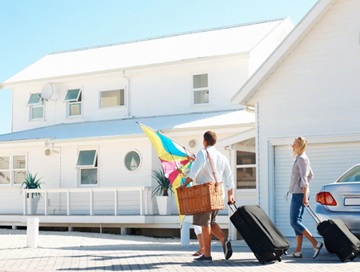
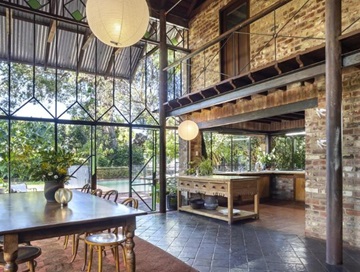
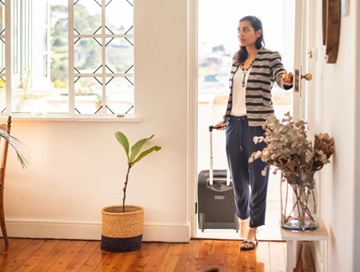
767bbbc6-4993-4f16-8933-e9b2baaac7a0.tmb-rcarousel.jpg?sfvrsn=8cf14270_1)
